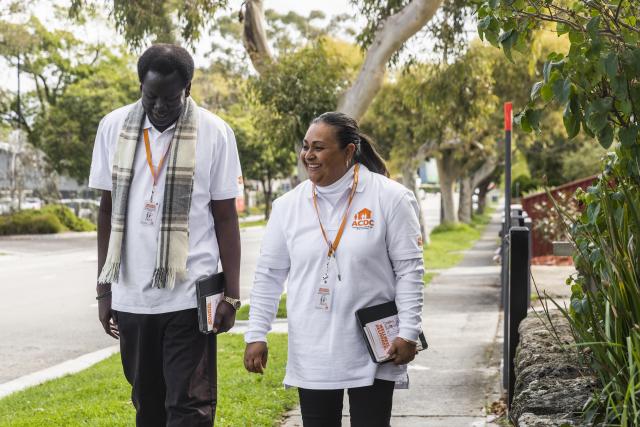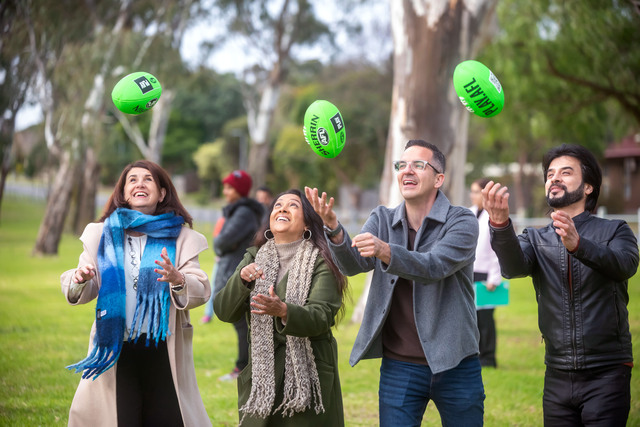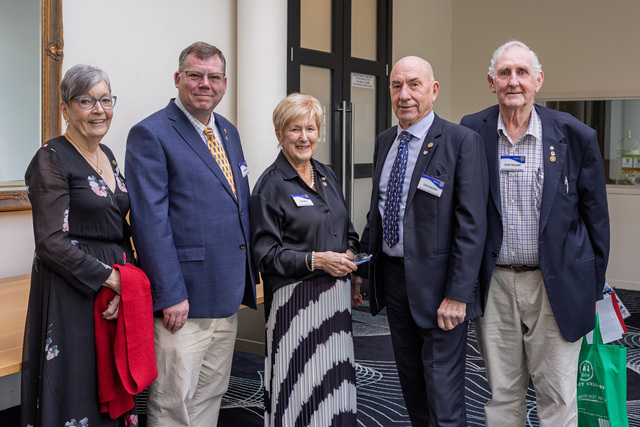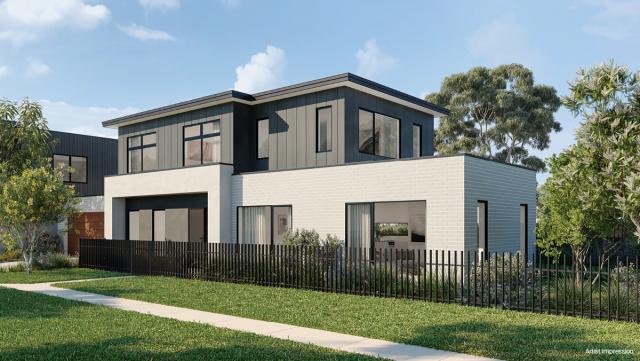An outreach program is knocking on the doors of more than 4000 homes to start the conversation on mental health.
This month, ‘people connectors’ as part of the catchily-titled ACDC (Assisting Communities through Direct Connection) project are visiting homes in Dandenong and Dandenong North.
The aim is to talk with residents about community mental health and wellbeing, which has taken such a knock during the Covid pandemic and mounting financial and housing pressures.
“We know that Covid-19 has led to people not being able to work, or having reduced hours, and not being able to visit their loved ones,” Community Mental Health Australia chief executive Bill Gye says.
“Loneliness and social isolation were also reported as significant factors.”
ACDC differs from other outreach programs by “proactively visiting all homes in a suburb to reach people where they are at” rather than waiting for people to present at a service or experience a mental health crisis.
“Unfortunately for many reasons, people do not want to talk about or even think about their mental health.
“People may prefer to tough it out, hide it from others, or avoid the stigma.
“The ACDC Project is going directly to households in Australia to engage them in conversation about these important issues.”
The doorknockers will let residents of all cultural and language backgrounds know of free and low-cost services and deliver information packs, including a fridge magnet and brochure.
It will also aim to get feedback on mental health “service gaps”.
Identified barriers to access include a lack of affordable or culturally appropriate services, a lack of awareness about services and a lack of effective referral and service coordination.
Mr Gye says the “serious problem” with mental health services is that people only seek support when in crisis.
“So far, the top three reasons why people have not accessed services are: preferring to self-manage their symptoms; being afraid, embarrassed or ashamed to ask for help; and not knowing where to go for help.
“We must be more proactive in connecting and communicating with people about the importance of wellbeing.
“Prevention and early intervention are far more effective than dealing with people in crisis.”
The Community Mental Health Australia project is funded by Department of Social Services and supported by Dandenong Community Learning Centre.
DCLC general manager Merina Ashdown said the centre was excited to “make a difference”.
“The ACDC Project will support and empower the community to reach out and access mental health support services in the local area. It will help them to be self-sufficient,” she says.
Dandenong ‘people connector’ David Kuol said there were many challenges facing residents.
“Maybe the reason for high levels of homelessness is that there is not enough social and affordable housing in Dandenong.”
Since 2021, ACDC has knocked on more than 37,500 doors in 21 communities, with more than 6600 conversations on wellbeing and mental health.
So far across Australia, the ACDC project survey revealed one in four felt Covid-19 was a “large problem” for respondents. About equal numbers reported financial stress.
One in five stated climate change and housing as large problems.
The ACDC project report will use information collected across Australia to inform discussion about funding for community mental health services and how they are delivered.








